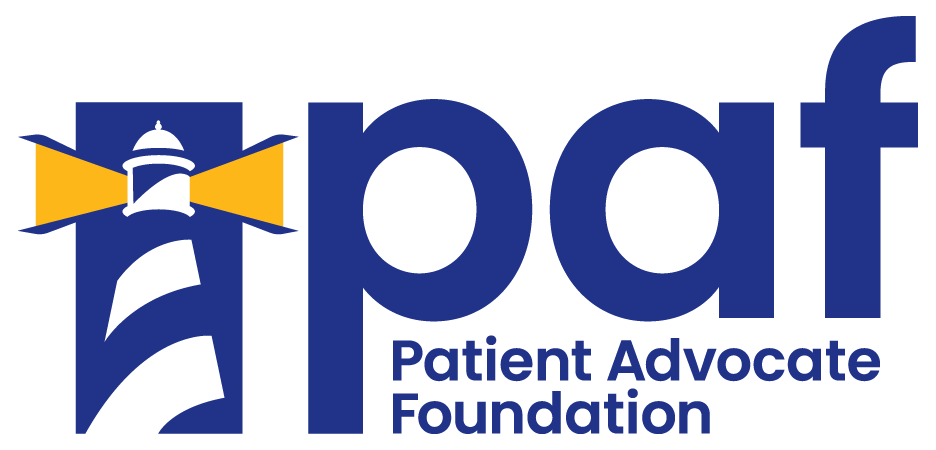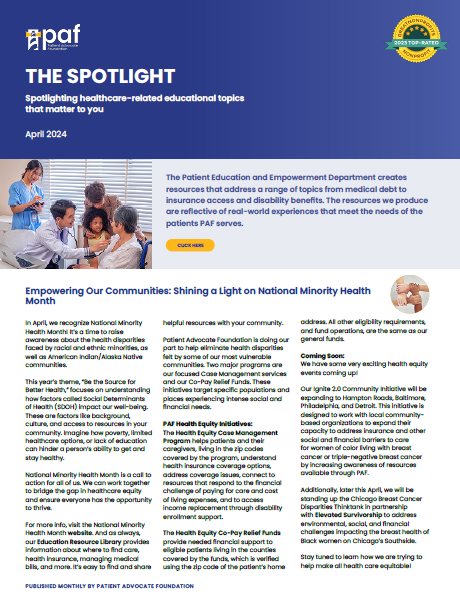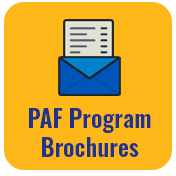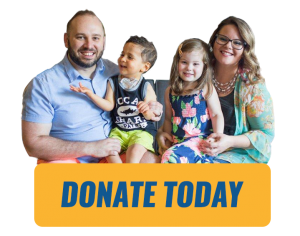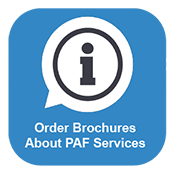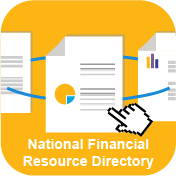Finding Care When Uninsured
As an uninsured patient, there may be times that you find yourself having difficulty locating appropriate medical treatment at an affordable cost. As you can imagine, health insurance coverage helps balance the costs making the decision easier on whether and when to receive necessary medical care. Unfortunately, patients without insurance are more likely to delay or forego preventive and routine medical care which may result in poorer health outcomes.
Suggestion When Seeking Affordable Care:
— Utilize state and federal programs for free screening. Each state offers free annual pap smears and mammograms through the National Breast and Cervical Cancer Early Detection Program (NBCCEDP). Some states also offer screening for various other types of cancer as well. If you’ve been screened prior to a diagnosis, some of these programs offer covered care. To inquire about free screening and diagnostic programs, contact your local Department of Health.
— Apply for county medical assistance programs. These programs are not available in every county; however, when available, the program is a coordinated system for the low-income, uninsured residents of the county to access needed medical care on a sliding scale or no cost. Contact your local Department of Health for more information.
— Use free clinics or income-based sliding scale clinics for preventative, routine and primary care.
— Search for a clinical trial that is specific to your diagnosis. Clinical trials provide an avenue to care for the uninsured. Trials frequently absorb most or all of the treatment cost and can be an affordable way to access care. The National Institute of Health (NIH) and National Cancer Institute (NCI) offer a broad range of clinical trials. In order to be pre-screened for these trials, you must call the NCI and NIH to determine if you meet their criteria.
— If you are a suffering from a severe, chronic disease and are seeking major or long-term treatment, check with the closest university or teaching hospital to find out if they have a charity care program. Some larger hospitals will pre-qualify a patient for free or reduced care to decrease the financial burden of treatment.
— For access to physical therapy, rehabilitative and occupational therapy, treatment for speech, hearing and language related disorders, you can contact local universities or specialty training centers to see if they offer free/reduced care services. Dental schools, for example, often have clinics where services are offered for free or for a fraction of the cost that a private dentist would charge. As with other access to care needs, you can contact clinics and hospitals and inquire about charity care, prompt pay discounts, and payment plans. You may also want to apply for Medicaid should you meet certain eligibility criteria.
